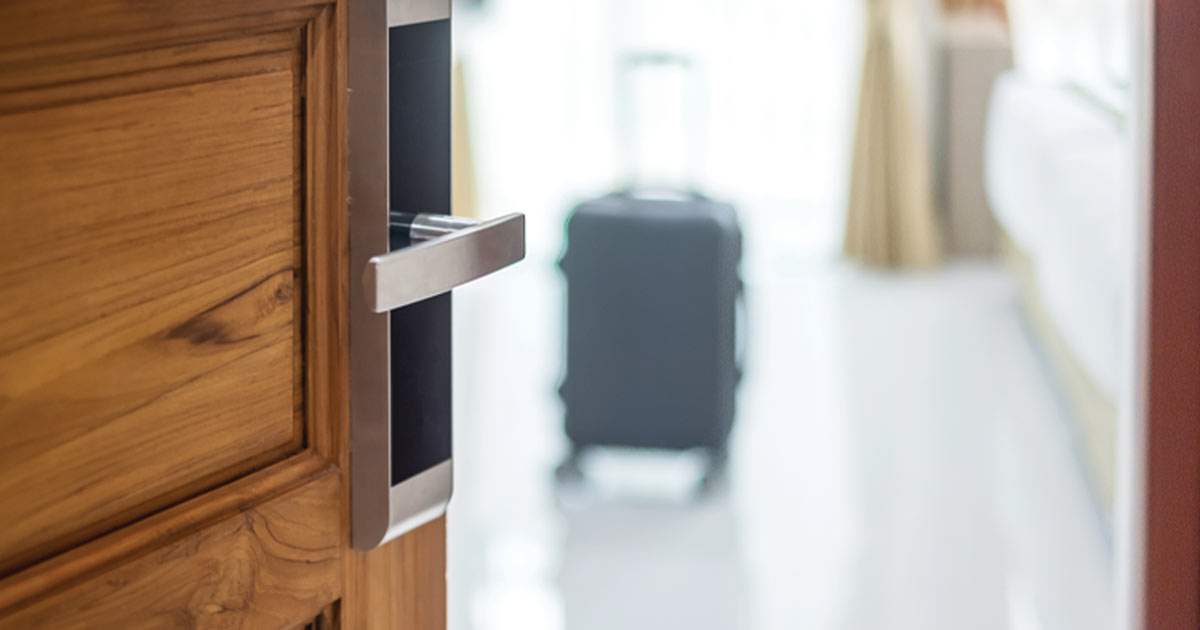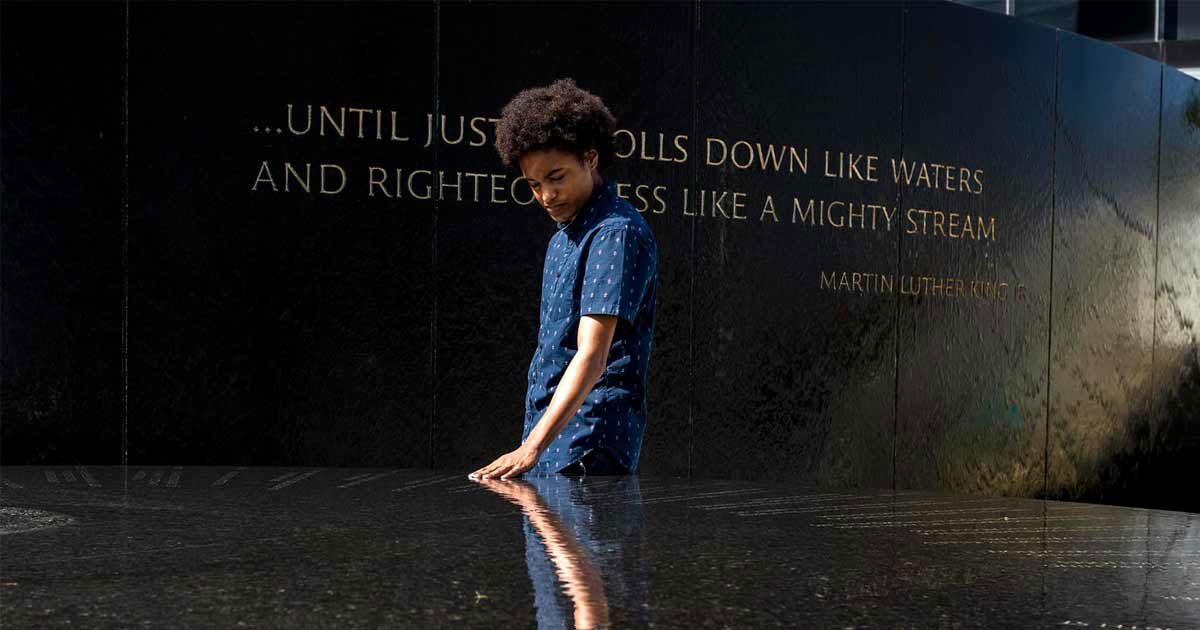
Safe and Sound: Hotel Safety Considerations
While travel is all about having fun and making memories that last a lifetime, safety is always paramount on the road. When it comes to selecting suitable accommodations, there are a variety of different steps to take, tips to keep in mind and red flags to note.
For insight, we tapped the expertise of Michael J Bowers, President & CEO of Travel Safety Solutions, LLC, who has decades of experience supporting the safety needs of student tour operators and travel organizations.
First and foremost, do your due diligence and conduct thorough research (reading reviews from other travelers, considering hotel location and looking up crime rates for that particular neighborhood, etc.). Bowers emphasizes the importance of speaking directly with hotel staff and management about their safety protocols.
"Hotel master keys are often provided to employees so they can complete their jobs. With hotel employee turnover, former employees may still have access to the hotel, including guest rooms," Bowers said. "Simply ask the hotel how often their master keys are rekeyed. A respectable property should change them at least every six months."
Bowers notes the majority of hotel safety issues happen in the parking lot, so it's smart to ask if the area where a motorcoach unloads is well lit, and if there are functioning security cameras both inside and outside of the property.
"Upon checking in, ask if the property has a current fire and evacuation plan, a crisis management plan and an active shooter plan. You may also ask how often they practice those plans," Bowers advised.
If those measures are in place and a hotel practices them annually, Bowers says you'll gain a better understanding of how much the property prioritizes overall guest safety.
"Ask staff if they've been trained on their hotel's emergency response plan, including for evacuation," he said, adding that if staff are confused by this question or say they've never been trained, contact hotel management and notify them of the issue. "Every staff member should be able to answer 'yes' to this question. And if not, you should consider a different hotel in the future."
It's also worth having a discussion with your group about where you'll specifically meet up in case of an emergency, including determining a secondary location. Because unplanned events are often fluid situations, it's vital to have these discussions with your groups.
Some additional good habits to have upon checking in at your destination include: Assessing the room to ensure nothing was left behind by a previous guest; checking if there's a working smoke detector, in addition to a carbon monoxide detector should the room have gas appliances such as a stove or fireplace (Bowers notes most alarms have a small red test button); and ensuring window and door locks are present and in working order.
"If either the lock, deadbolt or windows or sliding doors don't operate correctly, you should immediately seek to be assigned to another room that's fully functional," Bowers said. "I also find it very concerning when I see debris or supplies stored next to or blocking emergency exits. If this is noticed, immediately report the issue."
Ultimately, looping in hotel management and asking questions is a good rule of thumb to follow in any situation that feels "off"—regardless of the reason.
Remember: Your gut is worth trusting.
Written by Sarah Suydam, Managing Editor for Groups Today.
This article originally appeared in the Nov/Dec '22 issue of Groups Today.



